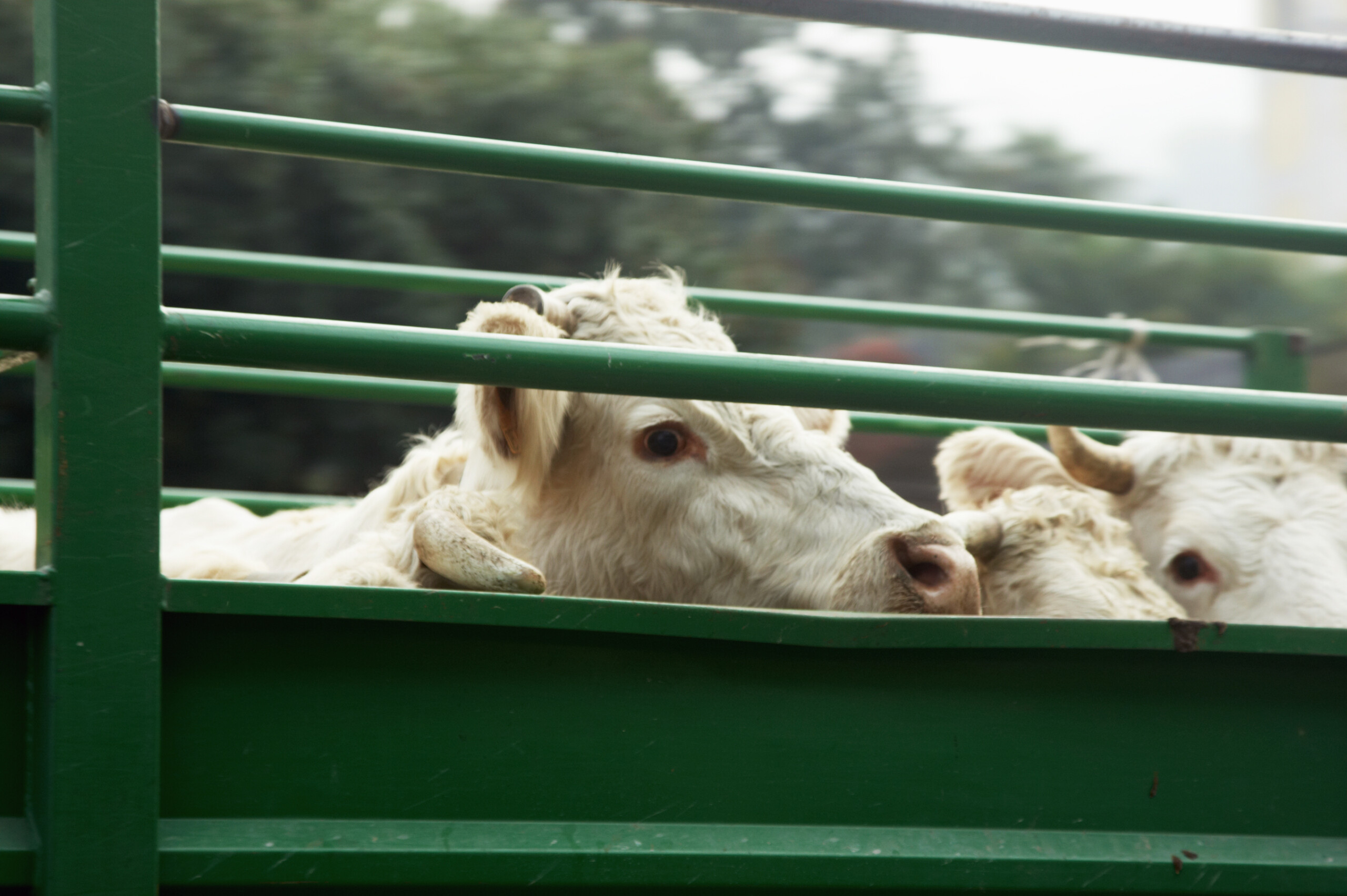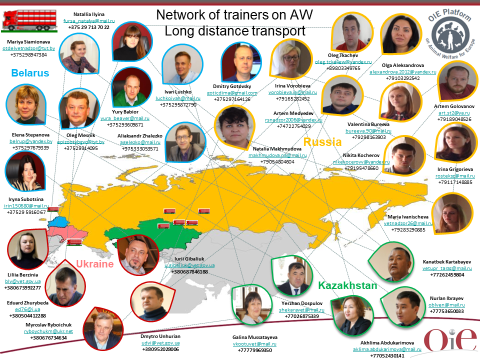The OIE ‘’Train the Trainer’ workshops are composed of the three following consecutive training sessions, with 3 to 4 week breaks in-between for study and preparation.
The first session provides participants with technical knowledge on animal welfare during transport in the context of Chapter 7.3 on transport animals by land of OIE Terrestrial Animal Health Code. During series of lectures, participants learn about animal welfare concept, welfare assessments, animal behaviour and how to apply knowledge animal behaviour for animal handling and design of facilities. Participants also learn about journey planning and preparation, vehicles and facilities, loading, unloading, resting, role and responsibilities all actors involved and effect of animal transport on meat quality.
In addition to technical lectures, this training session also includes working group exercises such as assessment of animals’ fitness to travel, preparing journey plan for long distance transport and developing a list of competencies for animal handlers/drivers.
Session 2
The 2nd training session includes a recapitulation of technical information presented during 1st session, following lecture on training and learning, how to prepare lectures and how to develop a training program based on learning objectives. This session allows participants to work on improvement their training skills during public presentation and also become more familiar with specific issues related to animal welfare during transport.
Session 3
The 3rd session takes a format of a technical conference for Veterinary Services but also open to a wide range of public and private stakeholders coming from the industry, the academia, the research, NGOs, etc.
The conference provides an opportunity for the newly trained trainers to demonstrate their knowledge and expertise on animal welfare in during transport as well as their lecturing skills.
The participants who successfully completed training programme receive OIE Certificates of proficiency indicating that they are able to replicate the knowledge acquired at national level through various capacity building activities.


